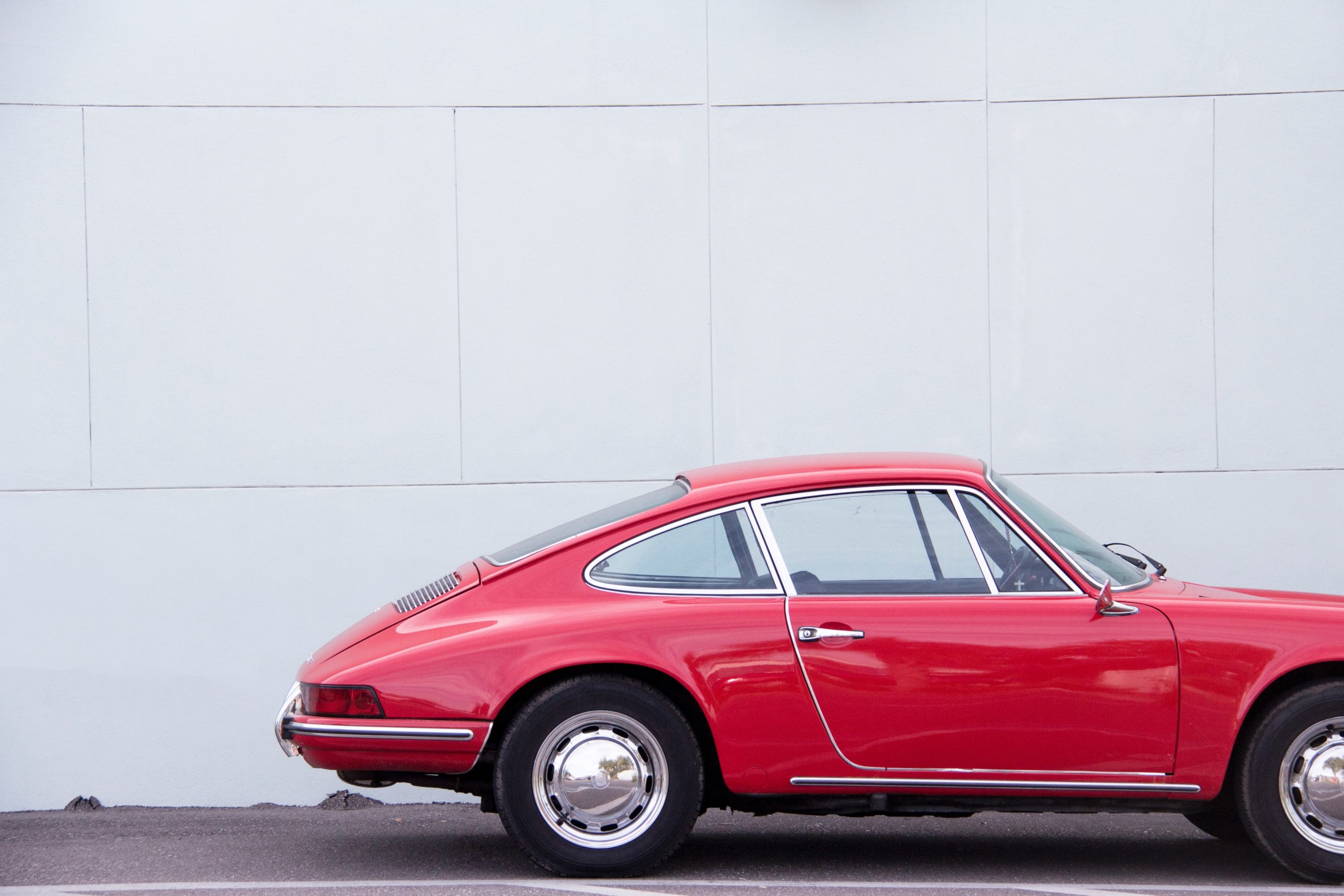Those who have owned or operated a motor vehicle have likely come across a situation where they are idling in their car.
Whether you are waiting to pick up your child from school, sitting in a fast-food line, warming up your car in the morning, or any other situation where you might leave your vehicle on and idling for longer than 10 seconds, there is more fuel being wasted than you may realize.
Common things like low tire pressure may affect your fuel mileage, but idling can also be extremely detrimental for fuel consumption and pollution.
Our friends at Sustainable America are dedicated to helping communities raise awareness of the dangers of allowing a vehicle to idle for longer than 10 seconds for people in the community and the environment.
They have developed an Anti-Idling Toolkit to provide you the knowledge and resources you need to spread the message to turn off vehicles and work to reduce the dangers inherent in the act of idling.
The Dangers of Idling
It is often said that turning off a car’s engine rather than letting it idle is bad for the car’s starter or wastes gas when stopping and restarting the vehicle in a short period of time. Research has shown that more gas is wasted in 10 seconds of idling than is used when turning off and restarting the car. There are also several other concerns with idling in addition to the waste of gas:- Dangerous pollutants such as nitrogen oxides, carbon monoxide, carbon dioxide, and particulate matter are released in a hot spot around your car as it idles. These pollutants have been linked to increases in asthma, allergies, heart and lung disease, and cancer.
- Contributions to climate change include about 30 million tons of CO2 generated by idling vehicles.
- Idling can damage engine components as fuel residue builds up on cylinder walls and increases fuel consumption.
- Damaging the engine by idling to warm up the car. The cabin may become contaminated by pollutants, and the buildup of deposits from idling can cause engine damage. Cars warm up more quickly while driving, not idling.


